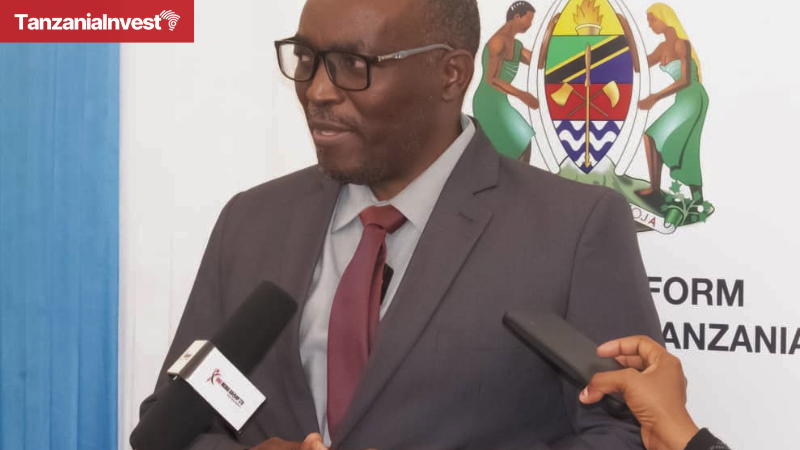The Tanzanian Law Reform Commission has called on Tanzanians to actively participate in providing feedback on various laws they believe have deficiencies and require amendments.
This initiative aims to review and research these laws for potential revisions before submitting the proposals to the government.
This statement was made by the Executive Secretary of the Tanzanian Law Reform Commission, George Mandepo, on August 6, 2024, following his visit to the Commission’s booth at the Nane Nane International Agricultural Exhibition held at the Nzuguni grounds in Dodoma.
Mandepo emphasized that the primary responsibility of the Commission is to propose amendments, repeal laws, or improve the legal management systems within the government to ensure they serve justice for the citizens and the nation as a whole.
“Before amending any law, the Commission conducts thorough research on the relevant law by considering both current and future circumstances because the law is a living entity,” Mandepo stressed.
The Executive Secretary also highlighted that, in addition to reviewing and amending laws, the Commission is responsible for assessing whether newly enacted laws could have social, economic, and political impacts.
He explained that the entire process of amending laws involves the active participation of stakeholders, including citizens, to ensure that the enacted laws are beneficial for the broader interests of both parties.
Background on the Tanzanian Law Reform Commission
The Tanzanian Law Reform Commission was established under the Law Reform Commission of Tanzania Act, Chapter 171, which commenced on August 15, 1983. The Commission’s mandate includes:
- Reviewing laws of the United Republic with a view to their systematic development and reform.
- Proposing measures to bring laws into accord with current circumstances, eliminating anomalies, and repealing obsolete or unnecessary laws.
- Advising on the adoption of new or more effective methods for the administration of law and dispensation of justice.
- Consolidating and revising laws.
- Preparing draft Bills pursuant to programs approved by the Attorney-General.
- Providing advice and assistance to ministries, departments, and agencies (MDAs) or any institution undertaking the examination of law and making recommendations for reform.
- Establishing and maintaining a system of collaboration, consultation, and cooperation with bodies engaged in law reform within or outside the country.
- Convening and facilitating seminars and workshops for the dissemination of information on matters relating to law reform18.
Contact Details for Citizen Feedback
Citizens who wish to provide their input on laws needing amendments can contact the Tanzanian Law Reform Commission at:
Tanzanian Law Reform Commission
P.O.Box 1718, Dodoma
Phone: +255 222 123 533
Fax: +255 222 123 534
Email: info@lrct.go.tz
Website: https://www.lrct.go.tz










